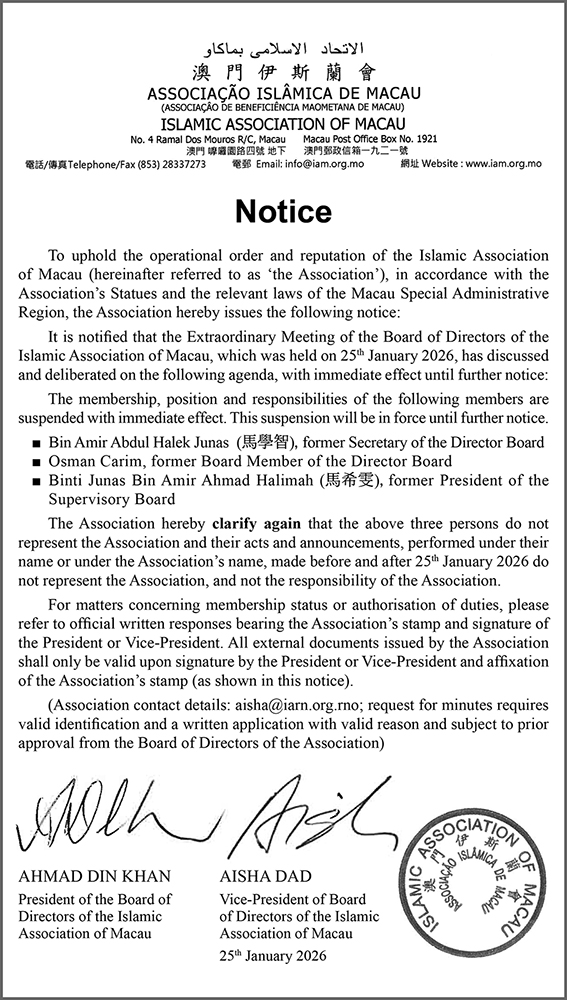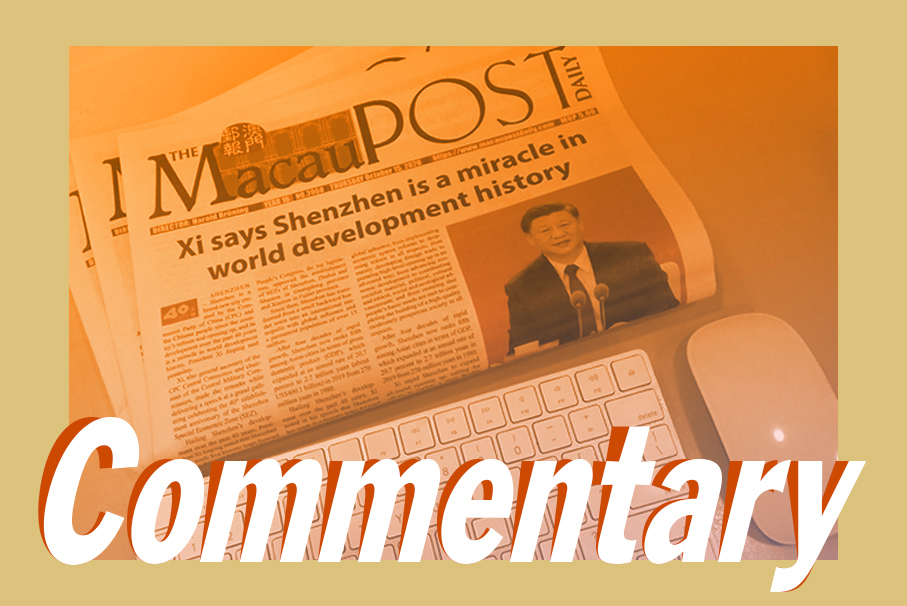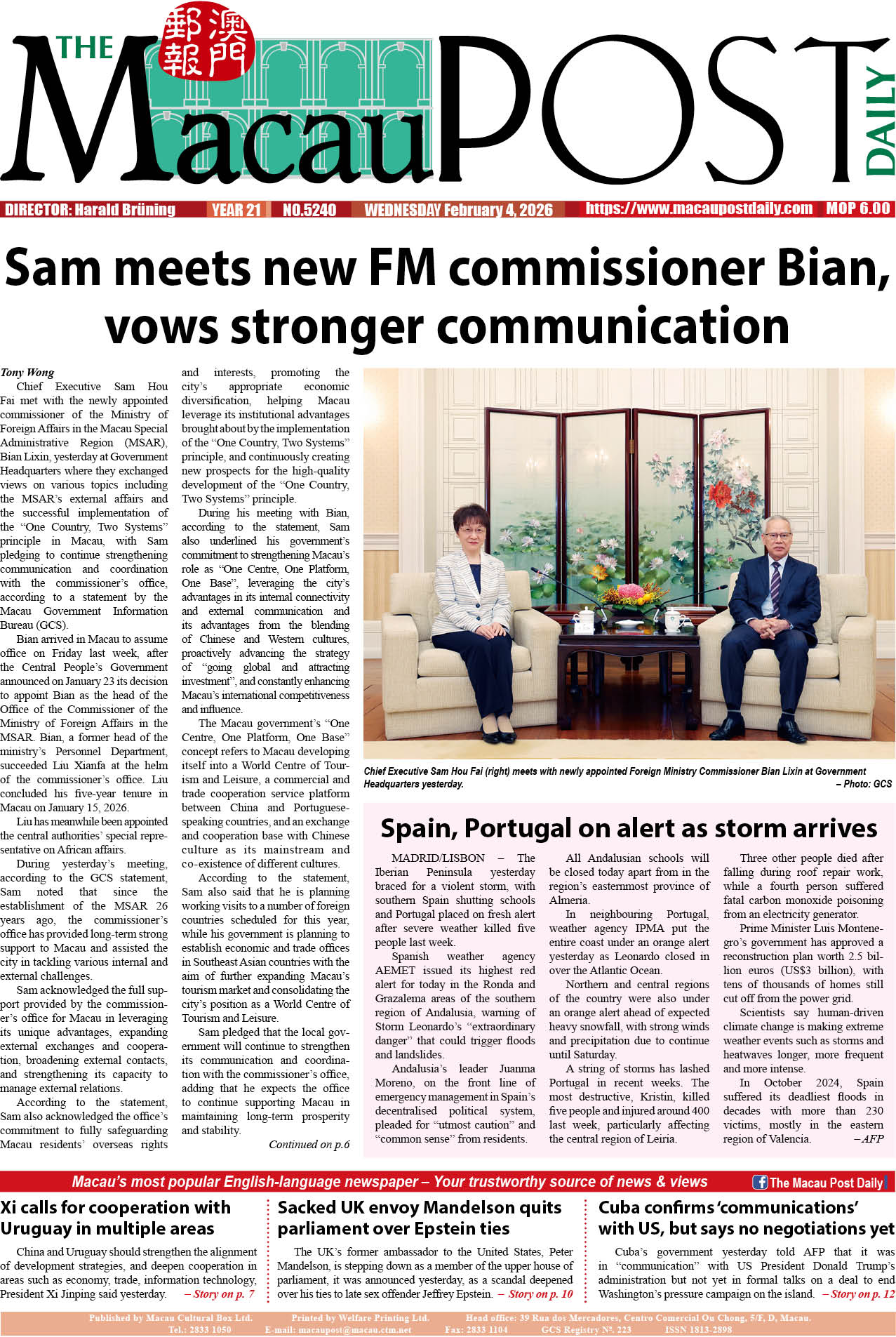The Public Security Police (PSP) reaffirmed in a statement yesterday that only residents have the right to protest.
The statement pointed out that the International Covenant on Civil and Political Rights cannot be “automatically or directly” applied in Macau, but only indirectly through local legislation. The covenant grants any person the right to protest peacefully.
However, Article 40 of the Macau Basic Law states that the provisions of the International Covenant on Civil and Political Rights, International Covenant on Economic, Social and Cultural Rights as well as international conventions as applied to Macau… “shall be implemented through the laws of the Macau Special Administrative Region” (MSAR).
Article 27 of the Macau Basic Law states that “Macau residents shall have… [the] freedom of demonstration.”
The statement came after several lawyers and lawmakers told public broadcaster TDM last week that also Macau’s non-resident workers had the right to protest, based on Portuguese legislation enacted before the establishment of the MSAR and international law applying to Macau.
The comments were made in response to a reported incident last month in which the police allegedly told non-resident workers from Myanmar to refrain from holding a public protest against the recent military takeover in their country.
Two local lawyers told The Macau Post Daily yesterday that Article 27 of the Macau Basic Law “unequivocally” and “clearly” states that only Macau residents have the right to protest. “The Basic Law is the highest local law and Article 27 is very clear as far as the right to protest is concerned,” one of the lawyers said, asking not to be named. The other lawyer, who also preferred to remain anonymous, said that the term “resident” was clearly defined by MSAR legislation – someone holding an ID card identifying him or her as a permanent or non-permanent resident. “Non-resident workers stay in Macau, residents reside here, unlike non-resident workers they have the right of abode.”








